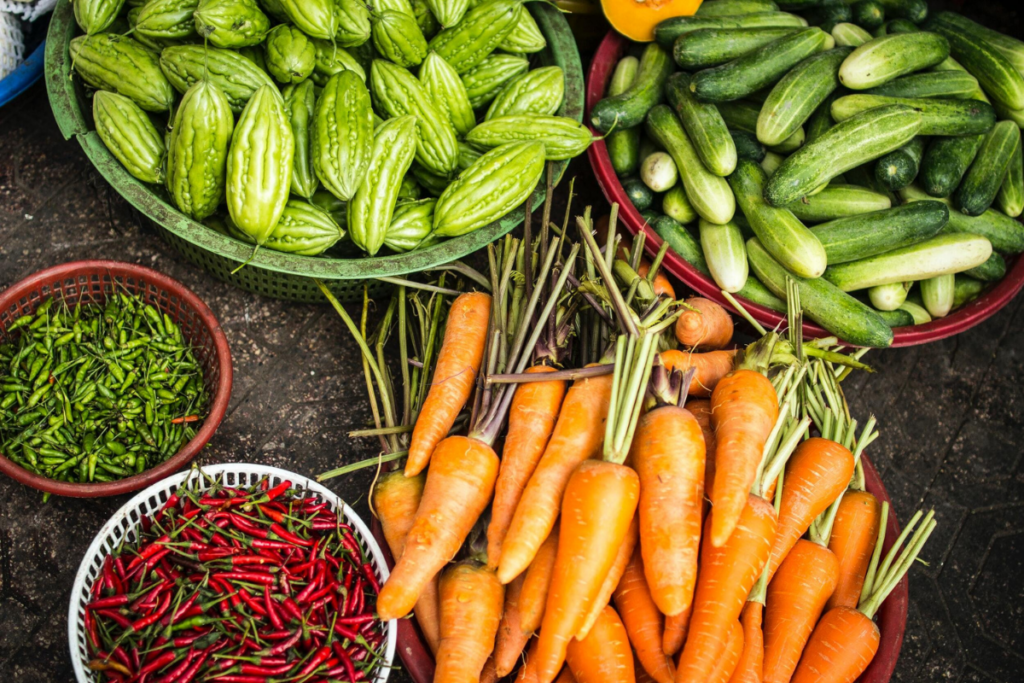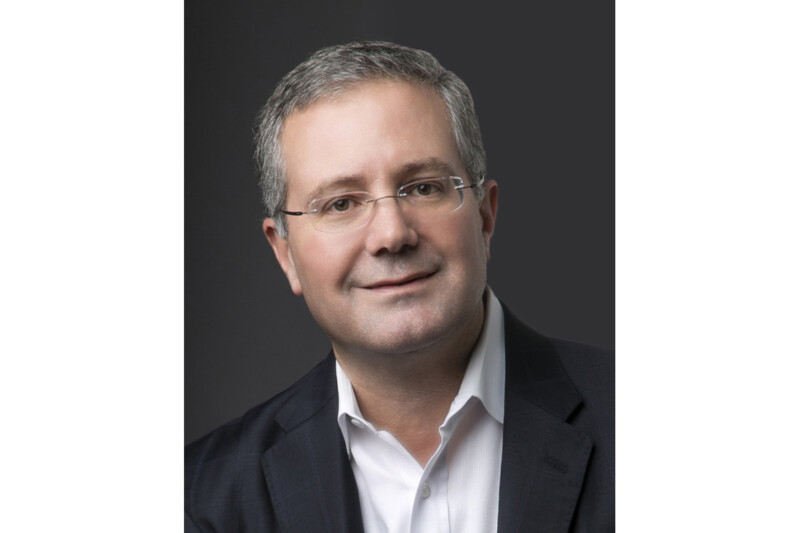SPONSORED CONTENT
Chefs Share Different Ways To Practice Sustainability in Restaurants
Participants of the Midwest Chefs’ Perspectives discuss mindful food sourcing and reducing food waste.

Several forecasters, including Technomic, point to sustainability in their 2022 trends outlook. For participants in the fourth edition of the Midwest Chefs’ Perspectives, a roundtable hosted by Foodservice Equipment Reports and RATIONAL USA, responsible sourcing of food and reducing food waste serve as a few examples of how they’re helping the environment.
Participants of the roundtable, held April 28, included Jonathan Beatty, director of culinary innovation, Scott Harris Hospitality; Young Cho, partner/COO/executive chef, Simple Food Group; Larry Feldmeier, executive chef, The Bristol; Matt McMillin, vice president of culinary and beverage innovation, Cooper’s Hawk Winery & Restaurants, and Christopher Teixeira, executive pastry chef/operating partner, The Fifty/50 Restaurant Group. National Corporate Chef Billy Buck represented RATIONAL.
Mindful Sourcing
Many participants take great care in where they source food for their restaurants. Simple Food Group, which runs a cafe, bakery and market in Lake Geneva, Wis., partners directly with farmers, some local and some not, to source certain menu ingredients. It’s focused on regenerative agriculture.
“I’m working with the Artisan Grain Collaborative. We’re looking into perennial wheat substitutes—things that we can do to incorporate ways where we’re not using input in terms of nitrogen for fertilizers and such,” Cho says. “We’re going to no-till farms. We’re doing a lot of things where we really look at soil regeneration.”
Teixeira says, at The Fifty/50 Restaurant Group, “We try to find [vendors] that have the same practices and the same beliefs and treat their people well because those are the partners that we want to work with.“ For example, the 14-unit group partners with a company called Freight to Plate that uses hydroponic farming to serve as a local, year-round produce source; container farming helps conserve water, land and energy use, according to its website.
The Bristol sources seasonal ingredients, helping to reduce its environmental footprint. “We can change our menu almost daily, which is super-beneficial to us,” Feldmeier says.
Reducing Food Waste
Minimizing food waste helps the environment and improves the bottom line. Participants mentioned numerous initiatives, including streamlining menus and using all cuts of proteins.
Cooper’s Hawk removed about 30% of its menu items in the past couple of years, in part because of supply chain constraints but also to boost efficiencies, McMillin says. “We strategically looked at every station in a restaurant, single-use items and really just gutted a lot of the complexity out of our menu,” he says. Along with a fixed menu, the 49-unit brand features a robust specials program.
A smaller menu also helps with the ongoing labor crisis because it takes fewer employees to produce it, Beatty says. Like much of the industry, Scott Harris Hospitality lost a fair share of employees to other industries during the pandemic, so Beatty’s crafting a culture that attracts, educates and nurtures employees. He also wants the industry to become more transparent; one of his ideas includes live streaming the back-of-house to showcase cooks in action.
Using all cuts of proteins helps reduce food waste but also makes for a solid partnership with vendors, Teixeira says. The Fifty/50 Restaurant Group works with a butcher to source chicken and will use every part of it, not just wings for a sports bar concept. The restaurant group also cross-uses ingredients as much as possible and invests in food waste tracking technology to keep everything in check.
Supporting Players
Dehydrators and blast chillers came up in conversation as equipment that helps support a more sustainable operation. Paper straws, however, marked one supply nearly everyone agreed didn’t work out cost-wise.
Teixeira uses a dehydrator to dry fruit garnishes for cocktails. Instead of cutting up fresh lemons and limes and throwing away anything that wasn’t used at the end of the day, the group dehydrates them and adds them as needed to cocktails, where they will plump up again.
Blast chillers help preserve batches of seasonal menu ingredients, such as blueberries, by freezing them for storage and still maintaining quality.
Coming up this year, McMillin says, Cooper’s Hawk has put together a team to look at finding more efficiencies in the back-of-house. For example, the group plans to research different equipment, such as combi ovens, that could help save water compared with traditional steamers.
Buck invited participants to the RATIONAL Booth 4454 at the National Restaurant Association Show, held May 21-24, at Chicago’s McCormick Place. Here, the manufacturer will feature a 32-seat a la cart restaurant for registered attendees. It also will highlight some of its most recent products, including the tilt skillet-like iVario Pro and iCombi Pro combi oven, both of which have earned a Kitchen Innovations Award from show organizers.
RELATED CONTENT
- Advertisement -
- Advertisement -
- Advertisement -
- Advertisement -
TRENDING NOW
- Advertisement -
- Advertisement -


